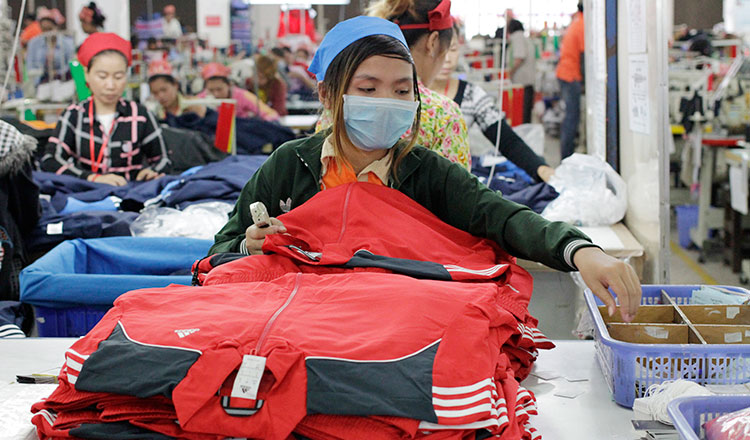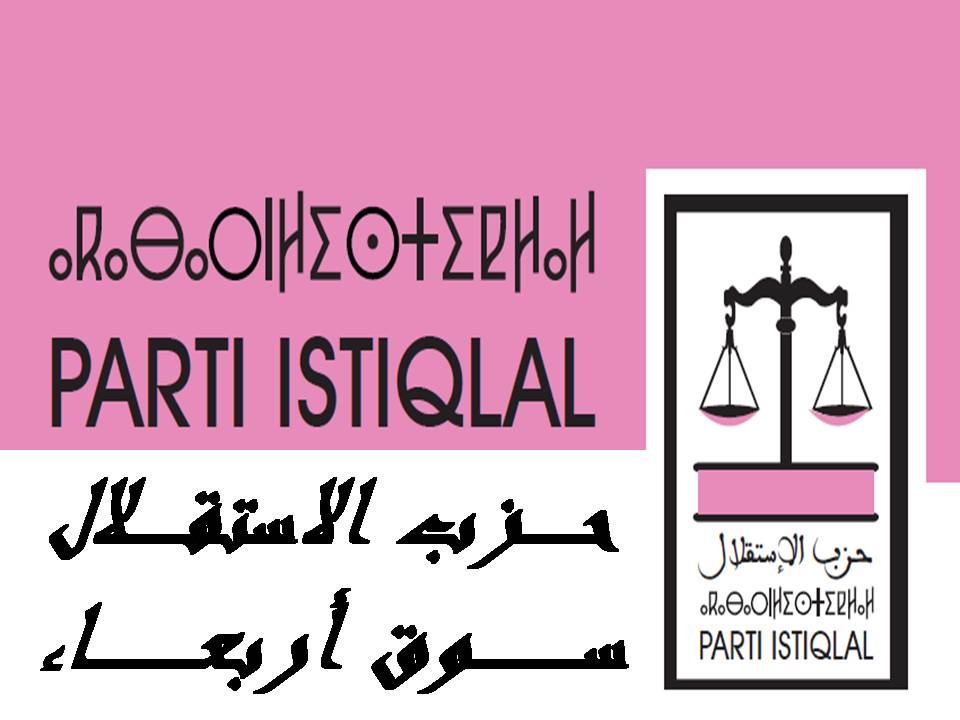The first new coronavirus case in Hungary was confirmed on 4th March. Seven days later, the government declared a state of danger, banned public gatherings in excess of 100 people and limited the opening hours of shops and restaurants. Twelve days after the first case, schools switched to digital education and the international borders were closed. Three weeks into the crisis, restrictions on free movement were introduced and cafés were shut down completely.
Thanks to this quick reaction, Hungary has managed to significantly flatten the curve: the progression is linear, not exponential, and the duplication time is 8-10 days. According to some statistical models, the number of active cases is expected to plateau on the first week of May. To prepare for the worst, Hungary has purchased over 72 million masks, 33 million pieces of other kinds of defensive gear, 400,000 tests and 538 breathing machines, mostly from China. The government helped over 8,600 Hungarians and several hundred EU citizens from all over the world to return to Hungary.
At this difficult time, solidarity is even more important than usually. For this reason, Hungary decided to support its neighbours and the Hungarian communities who live there with 700,000 masks, nearly 300,000 pieces of medical equipment and 32,000 units of disinfectant fluid. But the help is not exclusive to areas where Hungarians live: Budapest donated 600,000 masks and 30,000 sets of protective gear to countries in Southeast Europe like Bosnia-Herzegovina, North Macedonia and Albania.
Finally, in order to provide immediate response to the challenges of the Covid-19, the National Assembly adopted a law on March 30th (full text available here) which authorises the government to enact decrees without subsequent ratification by the Parliament as established in the Hungarian Constitution. This exception is strictly limited to those decrees connected to the fight against the epidemic and only applicable during the state of danger. Nonetheless, Parliament is expected to be in session until the end of June and, together with the Constitutional Court, closely monitors the government’s actions.









